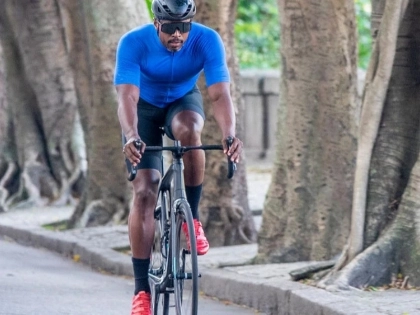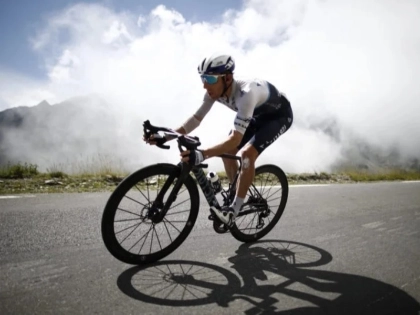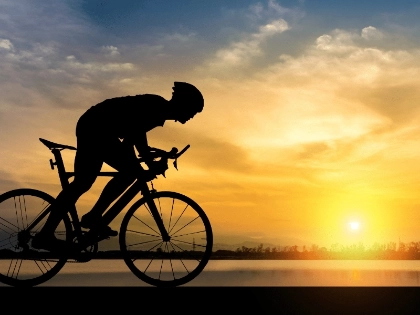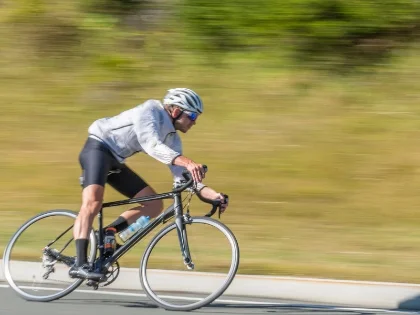Who Is Not Supposed to Cycle?
Riding a bike is a popular low-impact workout that targets several muscle groups. However, you should consult your doctor before beginning any workout regimen. Because the bike saddle puts pressure on the penis, men who ride have long been warned about the risk of erectile dysfunction. However, recent studies indicate this is not the case.
Heart-related Conditions
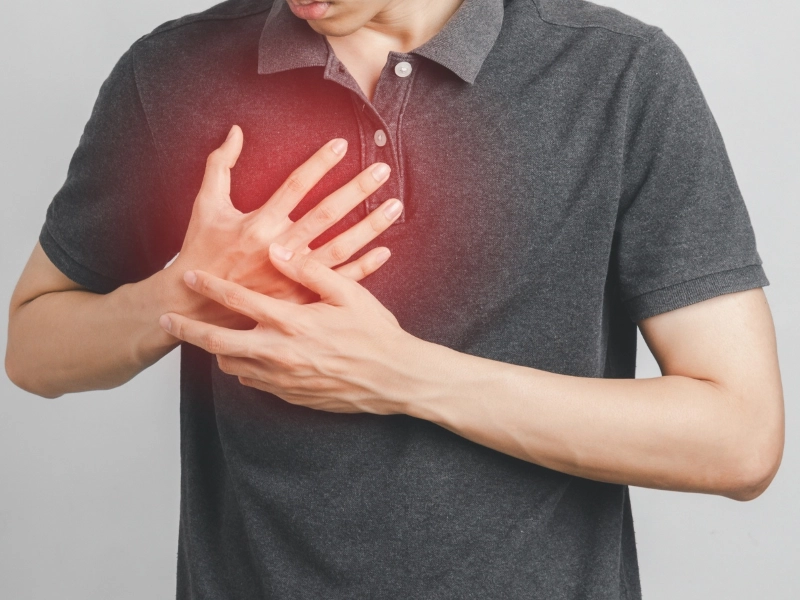 Riding a bicycle is an excellent technique to lose weight for many people since it can be started at a relatively low level and gradually increased in strength and physical proficiency. It also increases the strength of your legs and butt muscles, burns calories, and aids in weight loss.
There are a few drawbacks to take into account, though. First off, compared to other exercises like weight training or rowing, cycling is not as effective at bulking up the upper body. Furthermore, it is a non-weight bearing exercise with limited osteoporosis prevention.
Before starting any new fitness program, it's crucial to see a doctor, particularly if you have joint or cardiovascular conditions, COPD, or other respiratory or cardiac conditions. Once everything is clear, begin cautiously by going for a few quick rides a few times a week.
Riding a bicycle is an excellent technique to lose weight for many people since it can be started at a relatively low level and gradually increased in strength and physical proficiency. It also increases the strength of your legs and butt muscles, burns calories, and aids in weight loss.
There are a few drawbacks to take into account, though. First off, compared to other exercises like weight training or rowing, cycling is not as effective at bulking up the upper body. Furthermore, it is a non-weight bearing exercise with limited osteoporosis prevention.
Before starting any new fitness program, it's crucial to see a doctor, particularly if you have joint or cardiovascular conditions, COPD, or other respiratory or cardiac conditions. Once everything is clear, begin cautiously by going for a few quick rides a few times a week.
Joint Problems
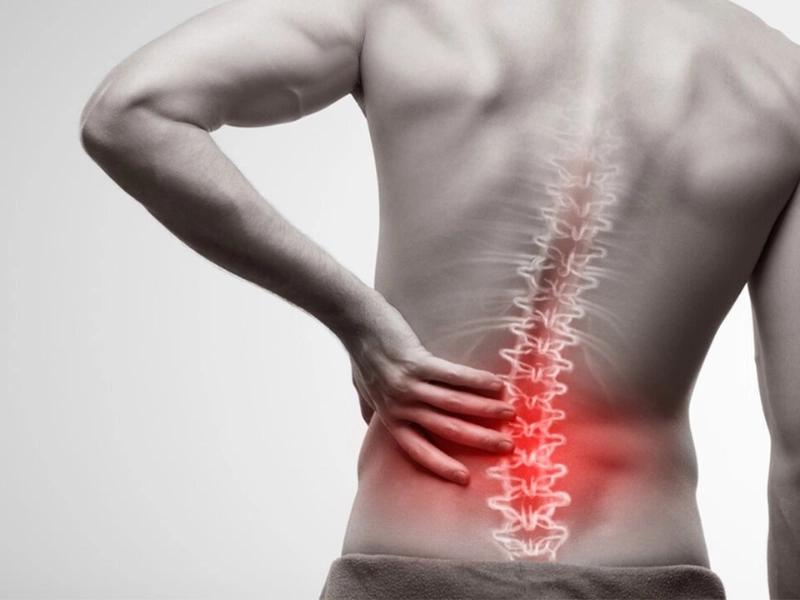 Joint discomfort can result from a variety of disorders, collectively referred to as arthritis. Many medical professionals, including rheumatologists, can assist patients control their arthritis symptoms so they can keep up their exercise routines.
If you take care to warm up, maintain proper form, and have a bike that fits properly, cycling shouldn't be too taxing on your knees. But, it's an indication that cycling isn't for you if you have knee issues, such as pain in the front or rear of your leg.
Inadequate alignment or muscle shortening may be the cause of anterior thigh pain. A chiropractor can treat these problems using joint manipulation and massage. Additionally, this kind of treatment might lessen knee discomfort by increasing leg and hip flexibility. Additionally, a chiropractor can assist with strengthening the core, which supports the knees.
Joint discomfort can result from a variety of disorders, collectively referred to as arthritis. Many medical professionals, including rheumatologists, can assist patients control their arthritis symptoms so they can keep up their exercise routines.
If you take care to warm up, maintain proper form, and have a bike that fits properly, cycling shouldn't be too taxing on your knees. But, it's an indication that cycling isn't for you if you have knee issues, such as pain in the front or rear of your leg.
Inadequate alignment or muscle shortening may be the cause of anterior thigh pain. A chiropractor can treat these problems using joint manipulation and massage. Additionally, this kind of treatment might lessen knee discomfort by increasing leg and hip flexibility. Additionally, a chiropractor can assist with strengthening the core, which supports the knees.
Mental Illness Concerns
 Riding a bike can provide a tremendous mental boost whether or not you have a mental health issue. Cycling quickly pumps blood to your brain and releases feel-good neurotransmitters like serotonin, norepinephrine, and dopamine, just like any other physical activity. They are in charge of elevating your mood, reducing stress, and thwarting depression.
Additionally, cycling on a regular basis helps you align your circadian clock and lower your body's cortisol levels, which can prevent you from obtaining deep, restorative sleep. Furthermore, cycling to work every day stimulates new hippocampal brain cells, which can enhance memory.
Cycling is also a fantastic social sport that can strengthen your relationships with the people in your life. Through riding organizations and social rides, you can even establish connections with other cyclists in the neighborhood. Cycling is a fantastic approach to combat sadness and anxiety, but it cannot replace counseling or medicine. For this reason, before starting a cycling regimen, see your doctor.
Riding a bike can provide a tremendous mental boost whether or not you have a mental health issue. Cycling quickly pumps blood to your brain and releases feel-good neurotransmitters like serotonin, norepinephrine, and dopamine, just like any other physical activity. They are in charge of elevating your mood, reducing stress, and thwarting depression.
Additionally, cycling on a regular basis helps you align your circadian clock and lower your body's cortisol levels, which can prevent you from obtaining deep, restorative sleep. Furthermore, cycling to work every day stimulates new hippocampal brain cells, which can enhance memory.
Cycling is also a fantastic social sport that can strengthen your relationships with the people in your life. Through riding organizations and social rides, you can even establish connections with other cyclists in the neighborhood. Cycling is a fantastic approach to combat sadness and anxiety, but it cannot replace counseling or medicine. For this reason, before starting a cycling regimen, see your doctor.
Sleep Deprivation
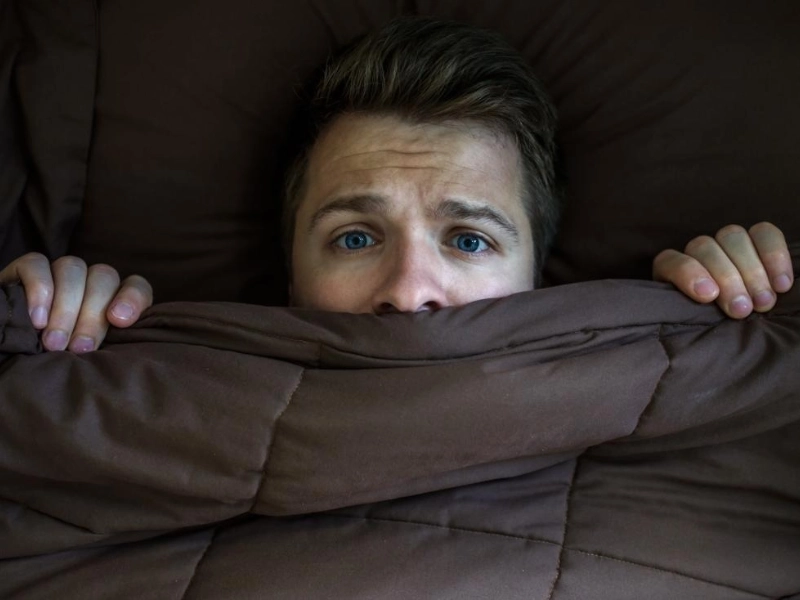 Cycling is a fantastic type of cardiovascular activity that may improve nocturnal sleep quality. But it's crucial to remember that there are risks associated with this kind of activity. It could not be the ideal activity for you if you have osteoporosis or arthritis, for example. You might not obtain the necessary amount of sleep if it results in achy bones and joints.
A vital part of rehabilitation for athletes competing in ultra-endurance cycle competitions is sleep. Lack of sleep affects how well glycogen, the primary fuel for endurance riders, is stored. It also lessens the accumulation of muscle and increases the risk of injury.
Researchers discovered that sleep deprivation has detrimental effects on both overall wellbeing and cycling performance in sprint and endurance. According to these results, sleep should be given top priority by coaches and support personnel as a crucial recuperation tactic before competitions.
Cycling is a fantastic type of cardiovascular activity that may improve nocturnal sleep quality. But it's crucial to remember that there are risks associated with this kind of activity. It could not be the ideal activity for you if you have osteoporosis or arthritis, for example. You might not obtain the necessary amount of sleep if it results in achy bones and joints.
A vital part of rehabilitation for athletes competing in ultra-endurance cycle competitions is sleep. Lack of sleep affects how well glycogen, the primary fuel for endurance riders, is stored. It also lessens the accumulation of muscle and increases the risk of injury.
Researchers discovered that sleep deprivation has detrimental effects on both overall wellbeing and cycling performance in sprint and endurance. According to these results, sleep should be given top priority by coaches and support personnel as a crucial recuperation tactic before competitions.


